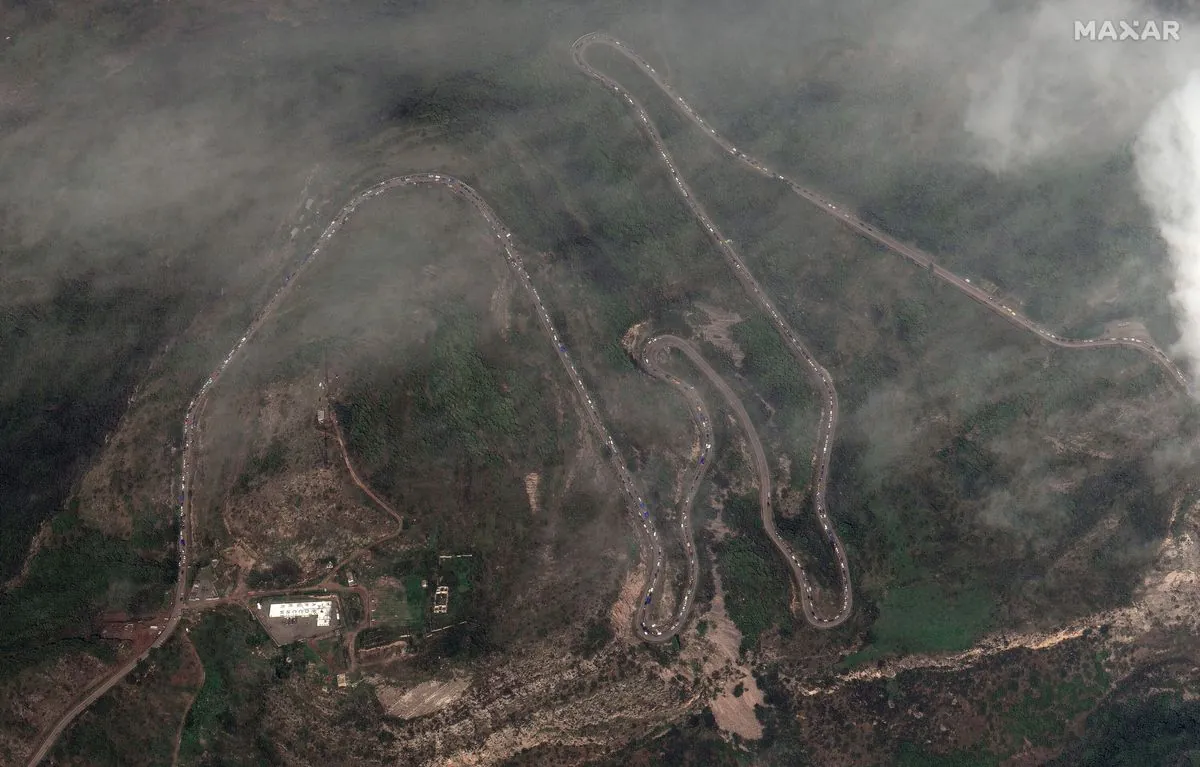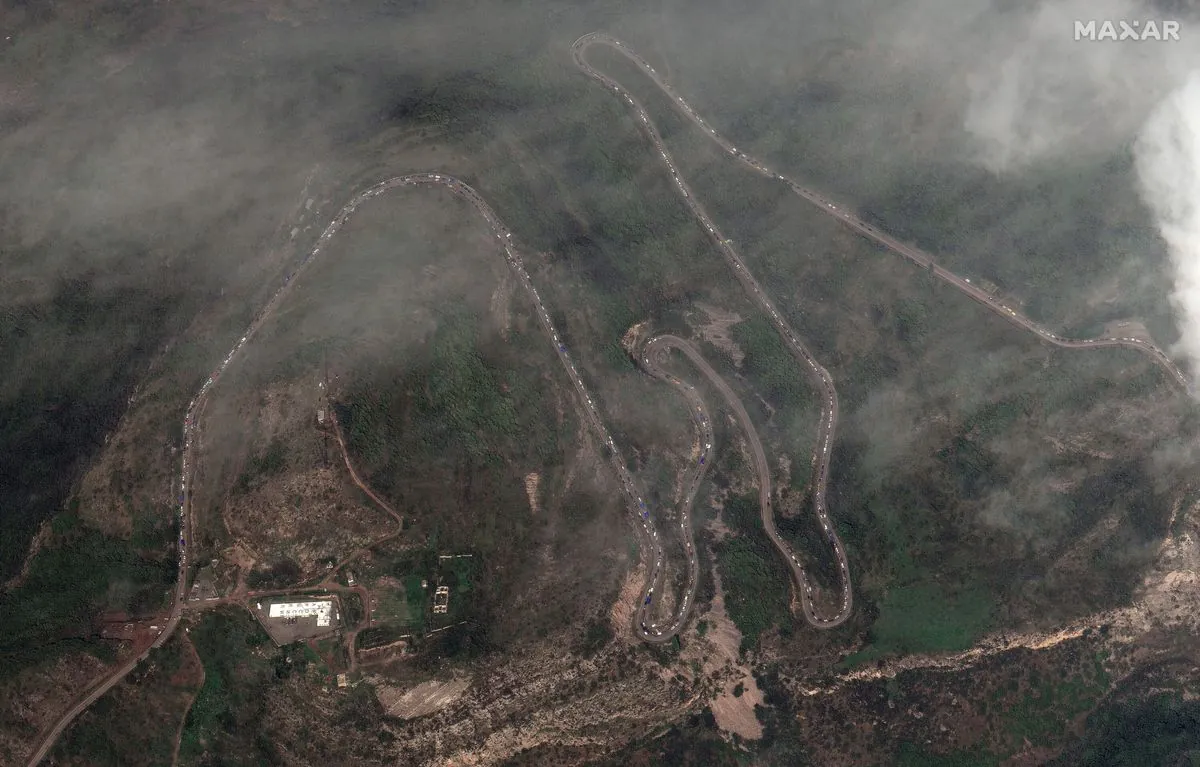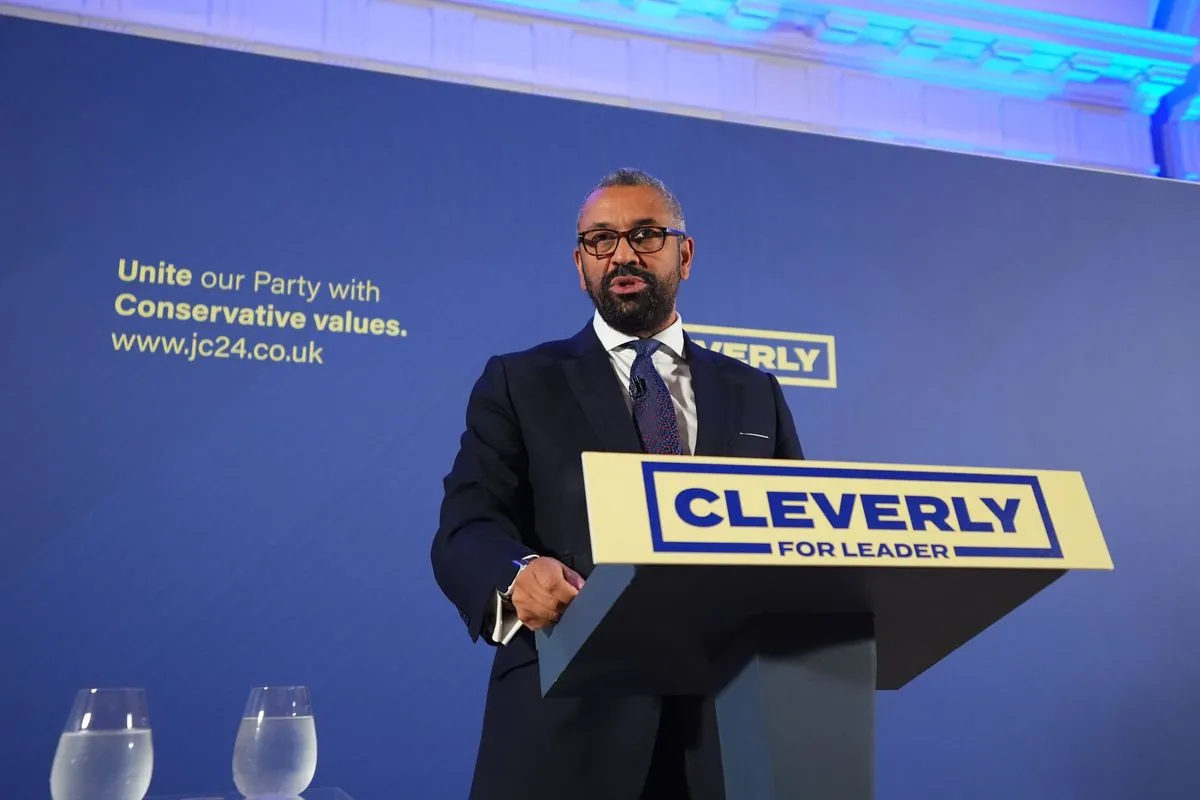Armenia Urges Peace as Azerbaijan Hosts COP 29 Amid Ongoing Tensions
One year after the Nagorno-Karabakh displacement, Armenia calls for peace while Azerbaijan prepares to host COP 29. The international community is urged to hold Azerbaijan accountable for its actions versus rhetoric.

One year has passed since the displacement of Armenians from Nagorno-Karabakh, a region that has been a source of conflict between Armenia and Azerbaijan for over a century. This event marks a somber milestone in the long-standing dispute over this territory, which has its roots in ethnic and territorial conflicts dating back to the early 20th century.
As Azerbaijan prepares to host the COP 29 climate conference in November 2024, the international community's attention is focused on the region. This presents a unique opportunity for progress towards peace. However, the situation remains tense, with Azerbaijan continuing to resist signing a comprehensive peace agreement.
The conflict over Nagorno-Karabakh has a complex history. Both Armenia and Azerbaijan were part of the Soviet Union until 1991, and the dispute intensified after their independence. The First Nagorno-Karabakh War lasted from 1988 to 1994, resulting in a ceasefire that did not fully resolve the underlying issues. The Second Nagorno-Karabakh War in 2020 lasted 44 days and saw Azerbaijan regain control of much of the disputed territory.
Armenia has proposed several confidence-building measures, including:
- A joint mechanism to monitor and investigate ceasefire violations
- An arms control mechanism between the two nations
- Support for the unarmed EU Monitoring Mission in Armenia
However, these proposals have been met with silence or rejection from Azerbaijan. The country continues to receive arms shipments while criticizing Armenia's defensive measures. This stance contradicts Azerbaijan's stated intention to call for a "global truce" during COP 29.

The Armenian government's "Crossroads of Peace" initiative envisions a region where cooperation and coexistence replace conflict. This aligns with international efforts, such as the OSCE Minsk Group, which was established to find a peaceful solution to the conflict. However, progress has been limited, and both countries have accused each other of human rights violations.
The conflict has had far-reaching consequences, including:
- Thousands of casualties and displaced persons
- Strained diplomatic relations with other countries
- Significant impact on regional economic development
- Concerns about the destruction of cultural heritage sites
The international community, including the European Union, has called for a peaceful resolution to the dispute. However, the involvement of regional powers like Russia and Turkey has complicated the situation.
As COP 29 approaches, the global community must hold Azerbaijan accountable for its actions. Words alone are insufficient; genuine peace requires an unwavering commitment to international law and constructive dialogue.
Armenia stands ready to sign the agreed-upon parts of a peace agreement, free from artificial preconditions. The goal is to establish peace between equal, sovereign nation-states and turn the page on a shared history marred by conflict.
The path to lasting peace in the Caucasus region requires both parties to approach each other as equals and abandon unreasonable demands. Only then can the vision of an economically and politically interconnected, prosperous region become a reality.


































